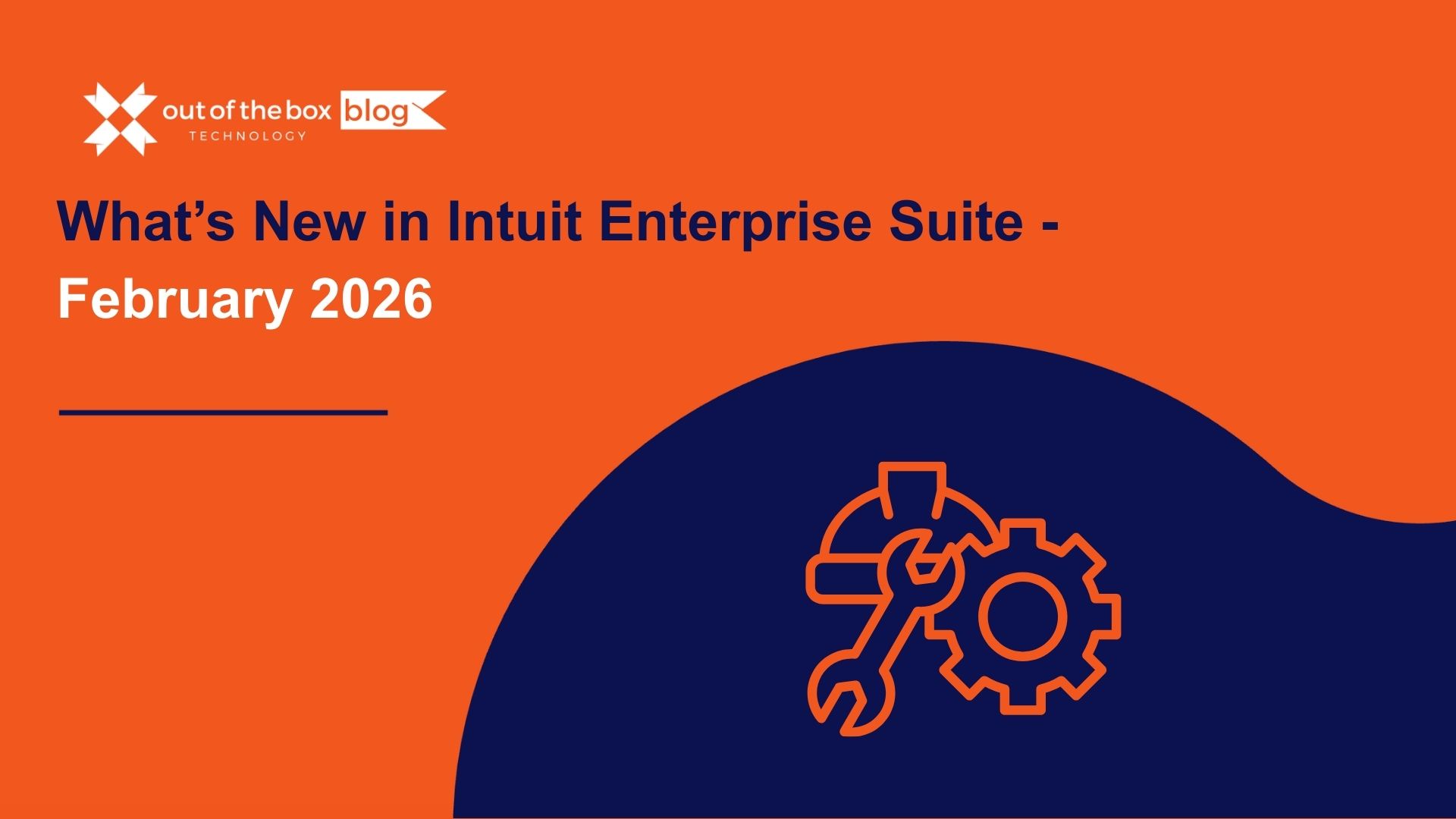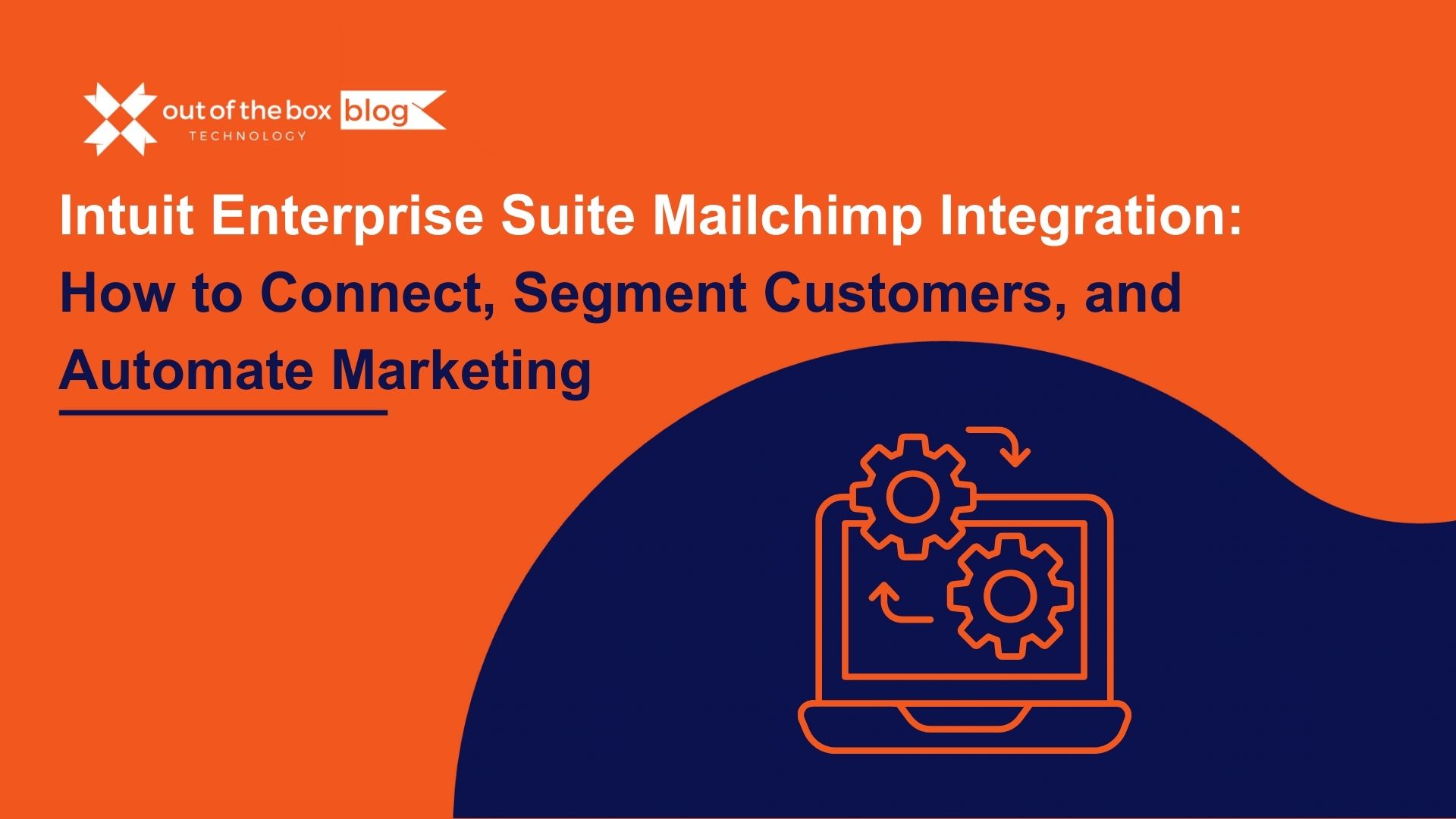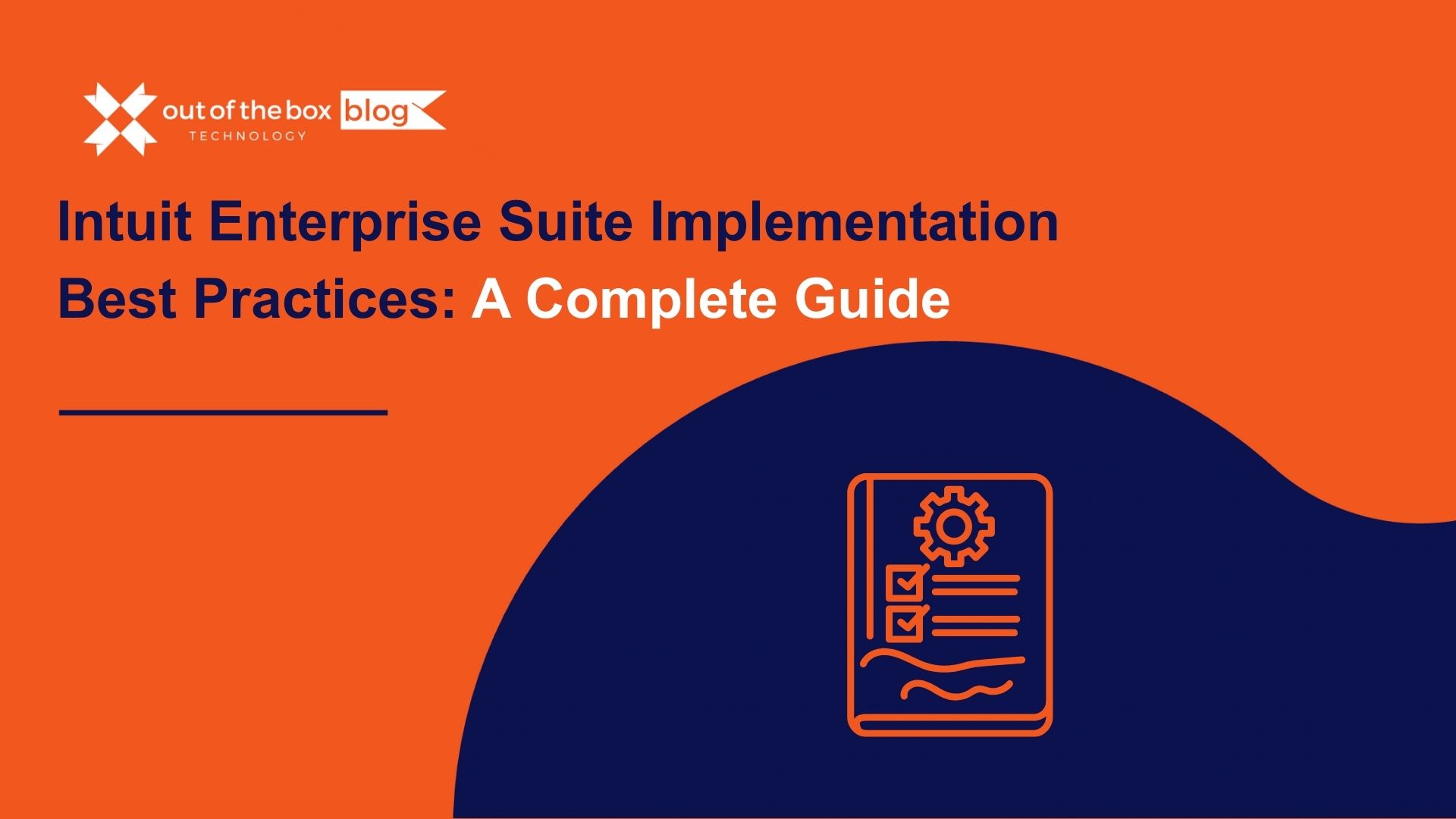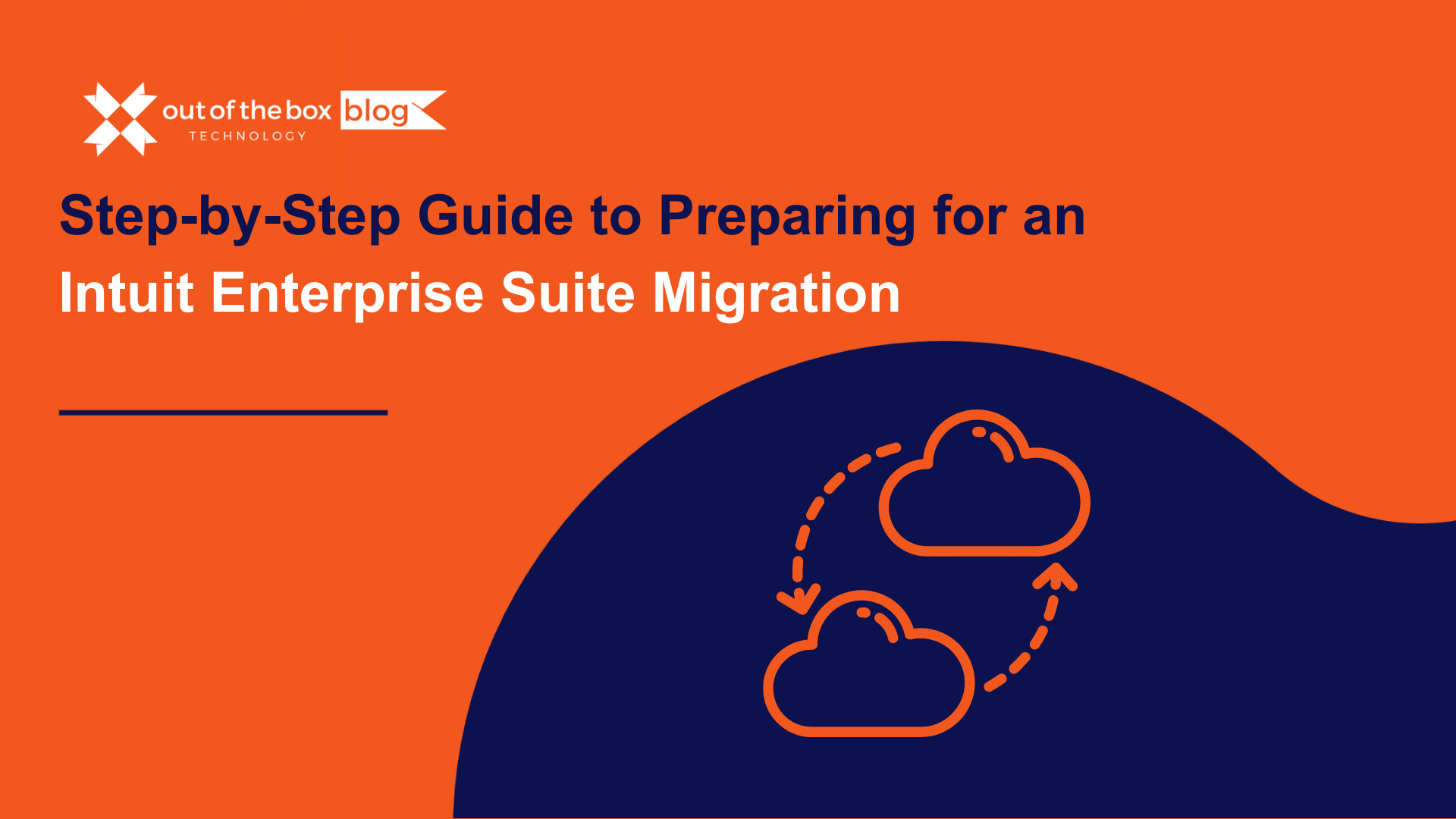As businesses grow, financial management becomes more complex. For many small and medium-sized businesses (SMBs), outsourcing bookkeeping is a strategic decision that saves time, reduces errors, and provides financial clarity. However, finding the right bookkeeper is critical to reaping these benefits. This guide walks you through the process of selecting and hiring an outsourced bookkeeper to ensure your business maintains accurate financial records and meets compliance standards.
Why Outsource Bookkeeping?
1. Cost Savings
Outsourcing bookkeeping can be more cost-effective than hiring an in-house bookkeeper. According to the Bureau of Labor Statistics, the median annual wage for bookkeepers in the U.S. is around $45,000. In contrast, outsourcing services can cost as little as $300–$2,500 per month, depending on your business size and needs.
2. Expertise and Accuracy
Bookkeeping professionals possess specialized expertise that helps businesses avoid financial pitfalls. A study by Intuit found that 89% of small business owners report increased financial confidence when working with a professional bookkeeper.
3. Time Efficiency
Business owners spend an average of 120 hours per year managing their books. Outsourcing bookkeeping frees up valuable time, allowing entrepreneurs to focus on growth strategies and core business operations.
4. Scalability
As your business expands, bookkeeping needs become more complex. An outsourced bookkeeper can adapt to changing financial requirements without the need for additional hiring and training.
Why QuickBooks is the Preferred Platform
QuickBooks is the leading accounting software for small businesses, and the preferred choice for most outsourced bookkeepers due to its ease of use, automation capabilities, and robust integrations.
1. Industry-Leading Features
QuickBooks provides features such as:
- Automated Expense Tracking – Syncs with bank accounts to categorize transactions automatically.
- Invoice Management – Generates and tracks invoices with ease.
- Payroll Integration – Handles payroll and tax filings seamlessly.
- Cloud-Based Accessibility – Allows bookkeepers to work remotely with real-time data.
2. Trusted by Professionals
Over 4.5 million businesses use QuickBooks worldwide. According to a 2023 report by Intuit, 78% of SMBs rely on QuickBooks for their financial management needs.
3. Secure and Compliant
QuickBooks ensures financial data security with SOC 2 compliance, multi-factor authentication, and advanced encryption to protect sensitive business data.
Key Considerations When Hiring an Outsourced Bookkeeper
1. Define Your Bookkeeping Needs
Before outsourcing, assess your financial needs:
- Do you need basic transaction recording or full-fledged financial reporting?
- Do you require tax preparation support?
- Do you need industry-specific bookkeeping (e.g., real estate, e-commerce)?
2. Qualifications and Experience
Look for bookkeepers with relevant certifications such as:
- Certified QuickBooks ProAdvisor – Specialized in QuickBooks software for seamless integration.
- Certified Public Accountant (CPA) – Ideal for businesses requiring high-level financial management.
- Certified Bookkeeper (CB) – Accredited by the American Institute of Professional Bookkeepers.
3. Software and Technology Proficiency
Ensure your bookkeeper is proficient in QuickBooks as well as other industry-standard software such as:
- QuickBooks
- FreshBooks
- Wave
4. Security and Data Protection
Your bookkeeper will handle sensitive financial data. Ensure they adhere to:
- GDPR compliance (for businesses operating in the EU)
- SOC 2 compliance (for data security in financial services)
- Secure cloud-based storage and encrypted file-sharing practices
Evaluating and Interviewing Bookkeepers
Before hiring, conduct thorough vetting:
- Review Client Testimonials – Check reviews and case studies.
- Ask for References – Contact past clients to gauge reliability.
- Conduct a Trial Period – Many bookkeepers offer trial services to assess compatibility.
Case Study: Small Business Success with Outsourced Bookkeeping
Company: GreenTech Solutions
Industry: E-commerce
Challenge: Struggled with tracking expenses and reconciling accounts
Solution: Hired an outsourced bookkeeper through QuickBooks Live
Outcome: Reduced financial errors by 40% and saved 15 hours per month on financial management
FAQs About Outsourced Bookkeeping
1. How do I know if my business is ready for outsourced bookkeeping?
If bookkeeping tasks consume too much of your time or your financial reports contain frequent errors, outsourcing is a viable solution.
2. Can outsourced bookkeepers handle tax preparation?
Yes, many outsourced bookkeepers offer tax preparation services, but always verify their qualifications in tax law.
3. Why is QuickBooks the best platform for outsourcing?
QuickBooks provides automation, real-time access, and security features that streamline bookkeeping, making it the top choice for businesses and bookkeepers alike.
4. How do outsourced bookkeepers access my financial records securely?
They typically use QuickBooks Online with secure login credentials and encrypted data-sharing platforms.
5. What’s the difference between an accountant and a bookkeeper?
Bookkeepers focus on recording transactions and managing day-to-day financial data, whereas accountants provide strategic financial planning and tax preparation.
Conclusion
Outsourcing bookkeeping is a strategic decision that can lead to cost savings, efficiency, and improved financial management. By defining your needs, researching qualified professionals, and leveraging QuickBooks, you can find the right bookkeeper to support your business’s growth.
If you’re ready to explore outsourced bookkeeping solutions, start by evaluating your business needs and reaching out to QuickBooks-certified professionals today!




